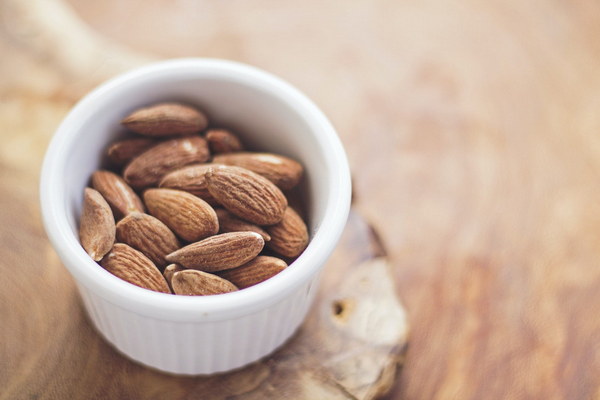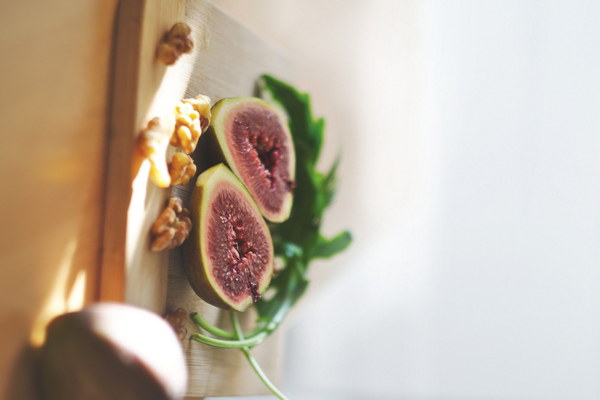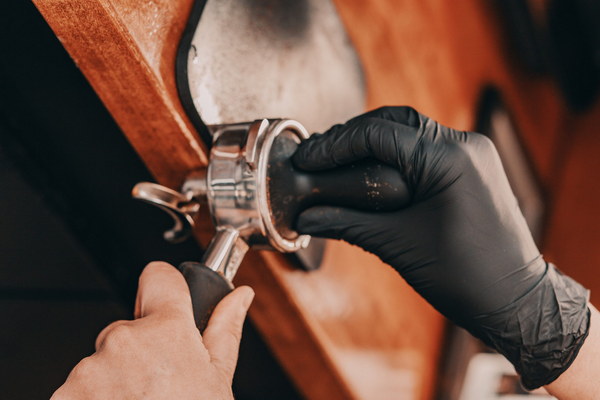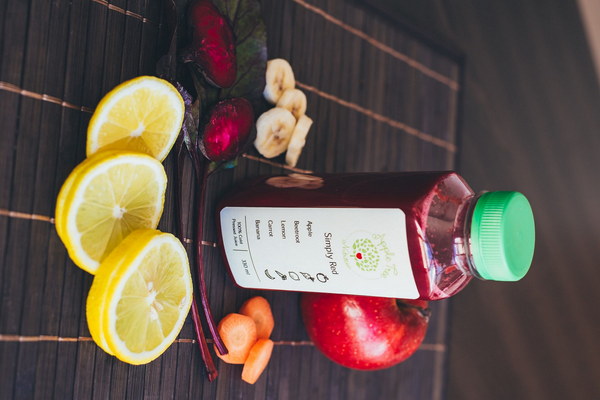Serenade Your Night The Soothing Power of Herbal Tea for Restful Sleep
In the hustle and bustle of modern life, finding a moment of tranquility can be a challenge. As the world around us grows louder, our minds often follow suit, making it difficult to unwind and drift into a peaceful slumber. Enter the gentle embrace of herbal tea, a time-honored remedy that promises to soothe the soul and lull you into a restful night's sleep. Let's delve into the world of herbal teas designed to aid in relaxation and improve sleep quality.
The Science of Sleep and Relaxation
Before we dive into the specifics of herbal teas, it's important to understand the science behind sleep and relaxation. Sleep is a vital component of our overall health, playing a crucial role in cognitive function, emotional well-being, and physical recovery. When we don't get enough sleep, our bodies and minds suffer, leading to a cascade of negative effects.
Relaxation, on the other hand, is the key to winding down after a long day. It involves the calming of the nervous system and the reduction of stress hormones such as cortisol. This is where herbal teas come into play, offering a natural and gentle way to induce relaxation and improve sleep.
The Power of Herbal Teas
Herbal teas have been used for centuries to promote health and wellness. They are made from the leaves, flowers, roots, or berries of various plants and are known for their therapeutic properties. Here are some of the most popular herbal teas that can help you achieve a restful night's sleep:
1. Lavender Tea
Lavender is perhaps the most well-known herb for promoting relaxation and sleep. Its delicate scent is known to calm the mind and ease anxiety, making it an excellent choice for bedtime tea.

2. Valerian Root Tea
Valerian root is a herbal remedy that has been used for centuries to treat insomnia. It works by increasing the levels of a neurotransmitter called gamma-aminobutyric acid (GABA), which has a calming effect on the brain.
3. Chamomile Tea
Chamomile is another popular herbal tea known for its calming properties. It contains compounds that can help reduce stress and anxiety, making it an ideal bedtime beverage.
4. Lemon Balm Tea
Lemon balm is a member of the mint family and is known for its soothing properties. It has been used to treat anxiety, insomnia, and stress-related disorders.
5. Passionflower Tea
Passionflower is a herb that has been used traditionally to treat anxiety and sleep disorders. It works by interacting with the brain's neurotransmitters to reduce anxiety levels.
How to Brew the Perfect Sleep-Inducing Tea
To fully reap the benefits of herbal teas, it's important to brew them correctly. Here are some tips:
- Use Fresh Herbs: Whenever possible, use fresh herbs to maximize the flavor and therapeutic properties.
- Boil Water: Use freshly boiled water to steep the tea.
- Steep Properly: Let the tea steep for the recommended time. For example, chamomile and lavender tea should be steeped for 5-10 minutes, while valerian root tea may need to steep for 20-30 minutes.
- Sweeten if Desired: While many herbal teas are naturally sweet, you can add a touch of honey or stevia if you prefer a sweeter taste.
Embrace the Ritual
Making herbal tea a part of your bedtime routine can help signal to your body that it's time to wind down. As you sip your warm, soothing tea, take a moment to practice mindfulness or meditation. Imagine yourself in a peaceful environment, perhaps a serene forest or a tranquil beach, and allow your worries to melt away.
Conclusion
Herbal teas are a natural and effective way to promote relaxation and improve sleep quality. By incorporating these soothing drinks into your bedtime routine, you can create a tranquil sanctuary for your mind and body. So, the next time you're tossing and turning, reach for a cup of herbal tea and let it whisk you away to a world of tranquility and sweet dreams.









